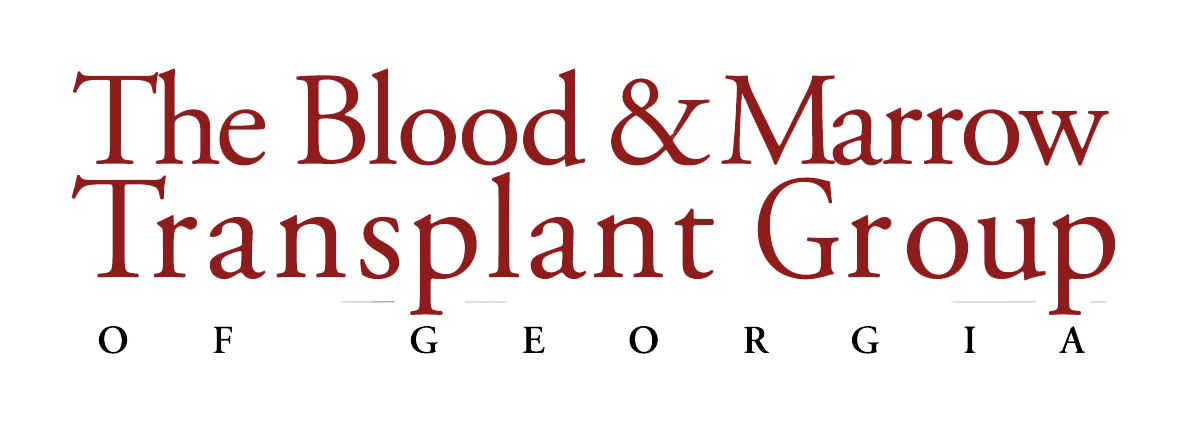Immunotherapy Program
How is Immunotherapy Different from Conventional Cancer Treatment
Why Refer/Choose Northside Hospital’s Immunotherapy Program
Immunotherapy Patients Have Access To
How Does CAR T-Cell Therapy Work
CAR T-Cell Treatment
Immunotherapy Patients Have Access To:
BMTGA Physicians
BMTGA’s Advanced Practice Providers
The Blood and Marrow Transplant Group of Georgia physician team has completed post-hematology/oncology fellowship training in hematopoietic stem cell transplantation and has vast experience administering immunotherapy agents and CAR T-cell products for hematological malignancies.
Interdisciplinary Team that includes a dedicated health psychologist, social worker, clinical BMT Pharm D.’s, nutritional services, physical therapy, and chaplain services.
State-of-the-Art facilities
Comprehensive quality management program
The Northside Hospital Blood and Marrow Transplant Program who has among the BEST BMT survival outcomes in United States
The only adult BMT Program in Georgia, to achieve survival outcomes that significantly exceeded the expected survival rate for allogeneic and unrelated donor transplants for the last 15 consecutive reporting cycles (2009-2023).1,2*
NSH-Immunotherapy Program physicians will coordinate pre- and post-treatment care with your referring physician. Be assured that treatment recommendations will be the most current and state-of-the-art.
Innovative clinical research trials so patients do not have to travel outside their community.
Participates in large national cooperative group clinical research trials and collaborates with academic-university institutions and the pharmaceutical industry
NCI- NCORP: Northside Hospital Cancer Institute and Lewis Cancer and Research Pavilion have collaborated with Georgia CORE to participate in NCORP. NCORP is a five-year NCI grant, which will provide cancer patients access to the latest NCI clinical trials in their local community.
Reported outcome data from bethematch.org. This survival information includes only patients who received their first allogeneic transplant between January 1, 2019 and December 31, 2021, using unrelated or related donors, and who had reported follow-up.
Final 2023 Transplant Center Specific Survival Report, December 2023



